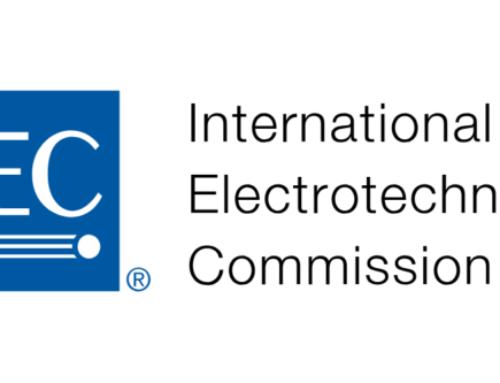In February 2024, China’s Ministry of Transport released the Measures for Administration of Sector Standards for Transport Industry (hereinafter referred to as the Measures), which came into effect on March 1, 2024. In order to better understand the content of the Measures and effectively carry out the implementation work, China released the official interpretation as follows:
- Background and Significance
Standards, as the technical basis for economic and social activities, are an important component of the national quality infrastructure. High-quality supply of standards is an important guarantee for the high-quality development of the transportation industry. The Measures will strengthen the standardization management of the whole process of transport sector standards and enhance the quality and efficiency of the supply of sector standards. It is of great significance for improving the transport standardization policy and institutional system and enhancing the management level of sector standards.
- Main Contents
The Measures consists of 41 articles, including general principles, project establishment, organization and formulation, approval and publication, implementation and supervision, and appendices. The main contents are as follows:
General principles: It clarifies the purpose, basis, scope of application, and organizational management of the Measures. It stipulates that the technical requirements of sector standards shall not be lower than the relevant requirements of mandatory national standards and shall be coordinated with relevant national and sector standards. The Measures prohibit the stipulation of qualifications, certifications, accreditation, approvals, registrations, appraisals, regulatory subjects, and responsibilities in sector standards, as well as the use of sector standards to hinder the free circulation of goods and services and other behaviors that exclude or restrict market competition. In addition, it also stipulates the procedures for formulating sector standards and the division of responsibilities of organizational management institutions.
Project establishment: It specifies requirements for standard system, collection of sector standard plan projects, application conditions, project establishment evaluation, project completion period, as well as project adjustment and extension management. It explicitly encourages the conversion of local standards and association standards that have been well implemented and meet the needs and scope of sector standard formulation into sector standards. It requires that the general completion period of sector standard plan projects shall not exceed 18 months.
Organization and formulation: It specifies that an implementation plan or work outline should be prepared after the plan project is issued. It also gives the relevant provisions on the drafting of standards, solicitation of opinions, review and other stages of work, as well as on associated patents, and the adoption of international standards. The Measures require sector standards generally do not involve patents. If patents are necessary to be involved, they should be essential to the implementation of the standard, and should be implemented in accordance with the relevant administrative provisions.
Approval and publication: It specifies requirements for approval, coding, publication, printing, record filing, publication, filing, fast-track procedures, and amendment sheets. It stipulates that the Ministry of Transport shall establish and improve a standardized information system covering project establishment, drafting, solicitation of opinions, review, approval, and publication. The Ministry should also strengthen the public release of standard formulation information and social supervision, and promote the public release of sector standards through the standardization information system.
Implementation and supervision: It stipulates requirements for standard substitution and conversion, promotion, feedback and evaluation of implementation information, interpretation and daily management, pilot projects, and reevaluation. It clarifies that a reasonable transition period may be left between the publication and implementation of sector standards. During the transition period, the original sector standards or new sector standards may be chosen for implementation. After the implementation of new sector standards, the original sector standards are simultaneously abolished. It encourages the implementation of transportation standardization pilot demonstrations and promotion work for experience sharing.
Appendices: It stipulates supplementary provisions for entrusted management of national standards, engineering construction standards, foreign language versions of standards, etc.
In conclusion, the Measures are an important initiative to strengthen the management of transport sector standards. By clarifying the regulations for sector standards, it is possible to improve the quality of sector standards and are expected to further enhance the quality and efficiency of the transport industry’s development. This demonstrates China’s commitment of creating a supportive standardization environment for the transport industry, thereby promoting the high-quality development of China’s transport industry.




